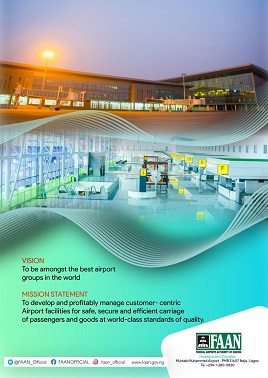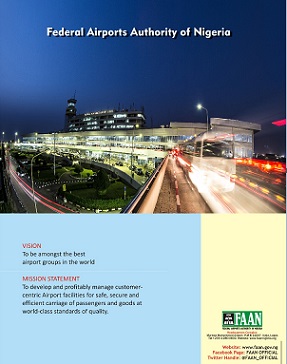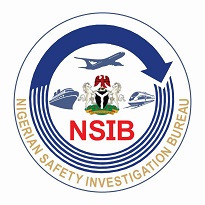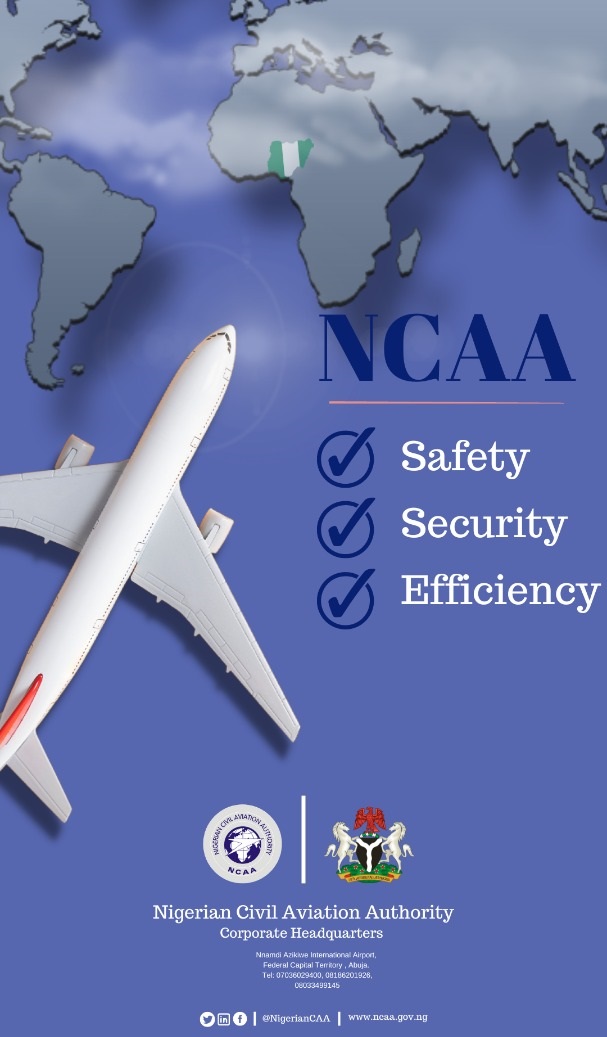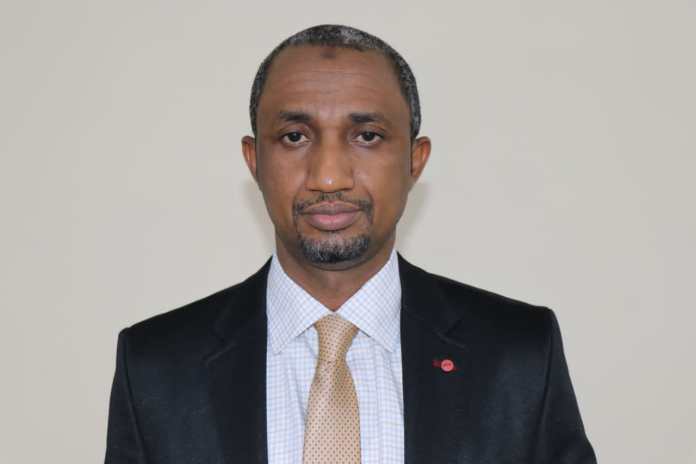
Director Genera,
Nigeria Meteorological Agency (Nimet)
The Director-General Nigerian Meteorological Agency (NiMet) Prof. Mansur Bako Matazu has reiterated the importance of getting feedbacks on the forecast issued.
Matazu made this known in his welcome address at the opening ceremony of the 2022 Edition of the workshop on Agro-Hydo-cimatic characteristics of the major rainy season in the Sudan and Sahel countries ( West Africa sub-region including Mauritania and Chad) PRESA-SS
Represented by the Director of Weather Forecasting Services, Engr Mailadi Yusuf, Prof. Matazu said
“Many times we don’t bother about what happens at the end of the cycle of our predictions. We solely rely on the same scientific methods we employ in developing the forecasts to evaluate their accuracy.”
Prof. Matazu further stressed that it is important that a framework is developed that can be deployed to independently monitor the forecasts and report back in order to assess the accuracy.
Earlier in his opening remarks the Head, Department of Research and Information, at the Centre for Agricultural and Hydrological Meteorology, AGRHYMET, in Niamey, Niger Republic, Dr. Abdou Ali, disclosed that many actors are waiting for the outcome of this Forum to plan their activities.
Ali stressed that the workshop is important because it is “where we are going to do the co-production and expect commitment of all the participants”.
He assured that with the cooperation of the department of AGRHYMET they will do their best to strenghten the commitment.
Ali recognised and thanked NiMet for its commitment to the association.
The objective of the workshop is to strengthen the capacity of National Meteorological and Hydrological Services NMHSs, through the co-production of agro-hydro-climatic forecasts for enhance productivity, sustainable development and disaster risk reduction.
It also aimed to strengthen the capacity of participants on the techniques of analysis and characterization of agro-hydro-climatic risks related to the main rainy season for the Sudan and Sahel regions.


